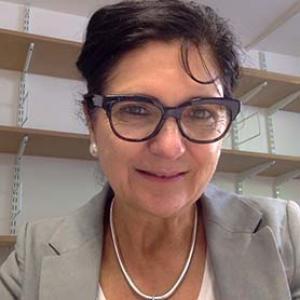Decolonising knowledge and pluralising science
This programme emerges from collaborative work with indigenous scholars and anthropologists researching ‘indigenous knowledge systems’ in the face of accelerating climate change. Together, we are engaged in a multifaceted reflection on how diverse science makes for better science. Anthropology has made significant contributions to the study of non-western forms of knowledge. Yet, the contributions that scholars located at the peripheries of metropoles continue to make to worldwide science have not received the attention they deserve. Epistemic injustices aggravate environmental and social injustices in ways that are not fully understood. Our particular focus is on the role of knowledge transmission in heterogeneous societies characterised by entrenched inequalities, including the way in which science is taught through publicly funded education.
I am involved in developing with former students, post-doctoral researchers, and NGO collaborators a project we have entitled ‘Nurturing Young Lives in Latin America and the Caribbean.’ Given the malleability of childhood development and the highly varied and changing risks children face in low and middle-income countries, new thinking about interdependences and complementarities across domains of child development is urgently needed. The goal of this project is to explore models of policy integration that have the best chance of optimising infant parental care and supporting child rearing in Latin American and Caribbean contexts characterised by high levels of material poverty, social marginalisation and political discrimination. We approach the welfare of children growing in disadvantaged communities and their long-term prospects through the lens of childrearing practices to deepen understandings of: (i) subjectivity and intersubjectivity formation among marginalised social groups; (ii) transformations resulting from organised mobilisation to educate; and (iii) productive articulations between nurturing young lives and wealth creation.

